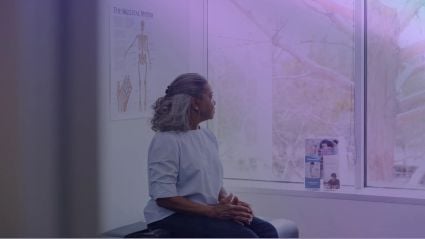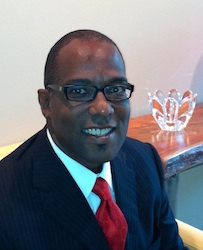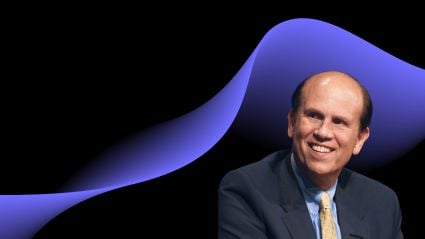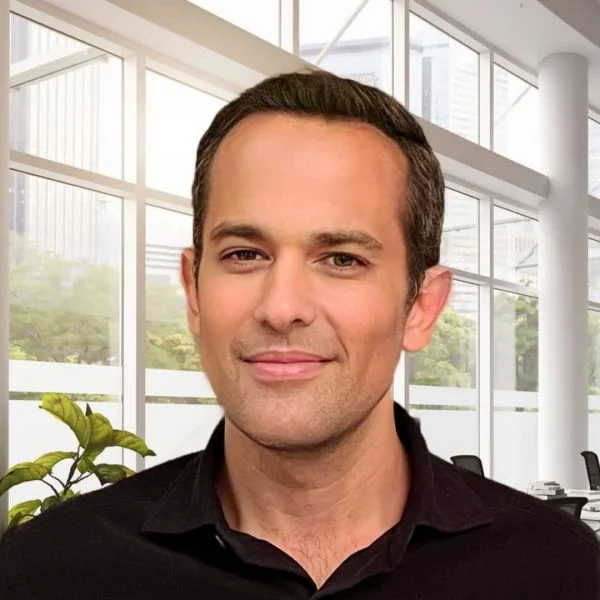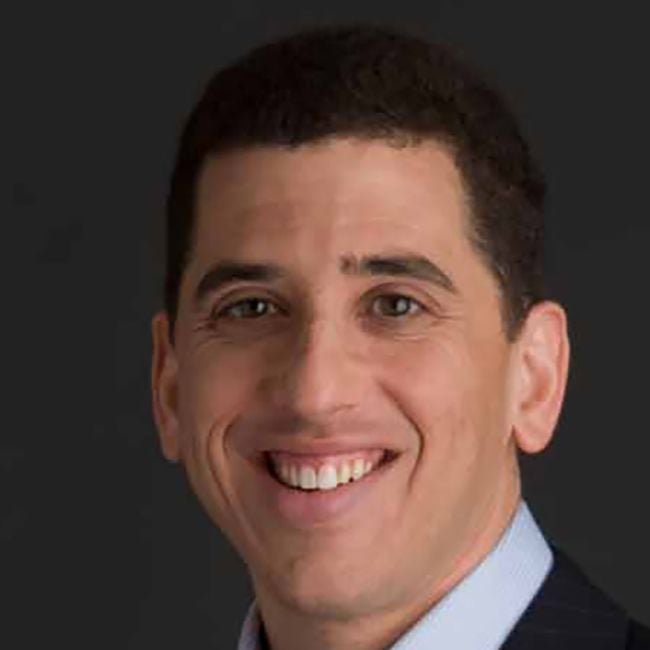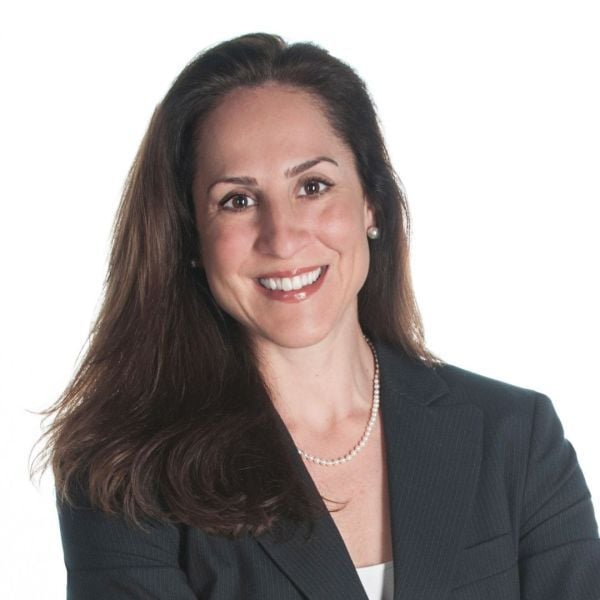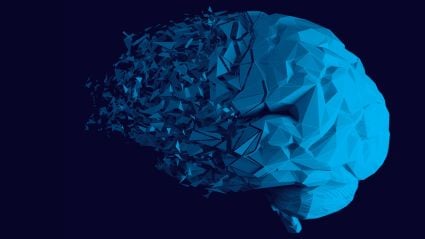
Dear Sir or Madam,
We regret to inform you that you will die next year.
Kind regards,
Death
When asked what surprised him most about humanity, the Dalai Lama answered: “Man! Because he sacrifices his health in order to make money. Then he sacrifices money to recuperate his health. And then he is so anxious about the future that he does not enjoy the present; the result being that he does not live in the present or the future; he lives as if he is never going to die, and then dies having never really lived.”
"How many of us give real, serious thought to the meaning of life—especially when we are younger, healthy, feeling immortal?"
Who wouldn’t focus 1,000 percent on living after receiving a letter like the one above? But how many of us give real, serious thought to the meaning of life—especially when we are younger, healthy, feeling immortal? Others, besides the likes of the Dalai Lama, are sometimes sent to teach us.
Like Claire Wineland, a terminally ill teenager born with the invariably fatal lung-clogging disease cystic fibrosis, who told me this: “One of the reasons we feel pain in life is that we know we are here for a reason, we just don’t know what it is all about. We’re all just trying to not feel so alone and to feel like we have something that’s worth giving.”
Claire realized very early in life that when you open yourself up to the most terrifying parts of life, that’s when you learn the most. “What stops people from being who they want to be is the relationship they have with themselves,” she would say.
And then there is Alice Sommer, a spry 106-year-old when we met, living on her own in a small apartment in London. A classical pianist, she had had to relearn hundreds of pieces because of arthritis in her little finger. And in the darkest times of the Holocaust, she had a simple resource of power: music.
“I was born Jewish, but my religion is Beethoven,” she smiled. “As long as I hear music in my head, things can’t be so bad.” Music was her connection to her universal version of God, and it kept her alive in every sense.
“Always have a smile, what is there to be so sad about?” was a mantra of hers. She felt so many of us were wasting so much energy. Why get angry with someone, why have hatred? Your body has a gas tank of energy; why waste it on negativity, when it should be used to improve your life?
Alice lived to 110, passing quietly without pain, drugs, or machines, curious about life and learning until the very end, and as passionate as always about music. “Remember all the hardships we have gone through have made us a stronger, better person,” she would insist. “Suffering is crucial to human experience because through suffering and hardship you understand what’s good and what’s bad, and what the right direction to go is.” The same mantra was echoed by teenager Claire.
Claire Wineland had over 35 surgeries by the age of 21, suffered chronic pain, and spent more than 30,000 hours in hospital processing what it is to live. In the documentary CLAIRE, she eloquently saves us the suffering and the thousands of hours of thinking, while kicking us in the ass and inspiring us to take action.
Several of the world’s most prestigious universities consider the film a “change agent” because it opens minds and hearts, effecting tangible change. Certainly, Claire inspired my partners and me to self-finance the film. We were so in awe of her magic, we had to do whatever we could to share that magic with as many people as possible.
Eighteen months’ filming later, her magnetic wisdom radiates off the screen, and we guys who couldn’t find funding sold the film to YouTube Originals. Now Claire’s message can be seen by millions for free.
My words cannot do justice to Claire’s wisdom, but they may inspire you to take one small step towards a more profound, fulfilled life. Should they lead you to YouTube and to the CLAIRE documentary, you’ll experience this “change agent” for yourself—and it will likely be one of the most powerful experiences of your life.



